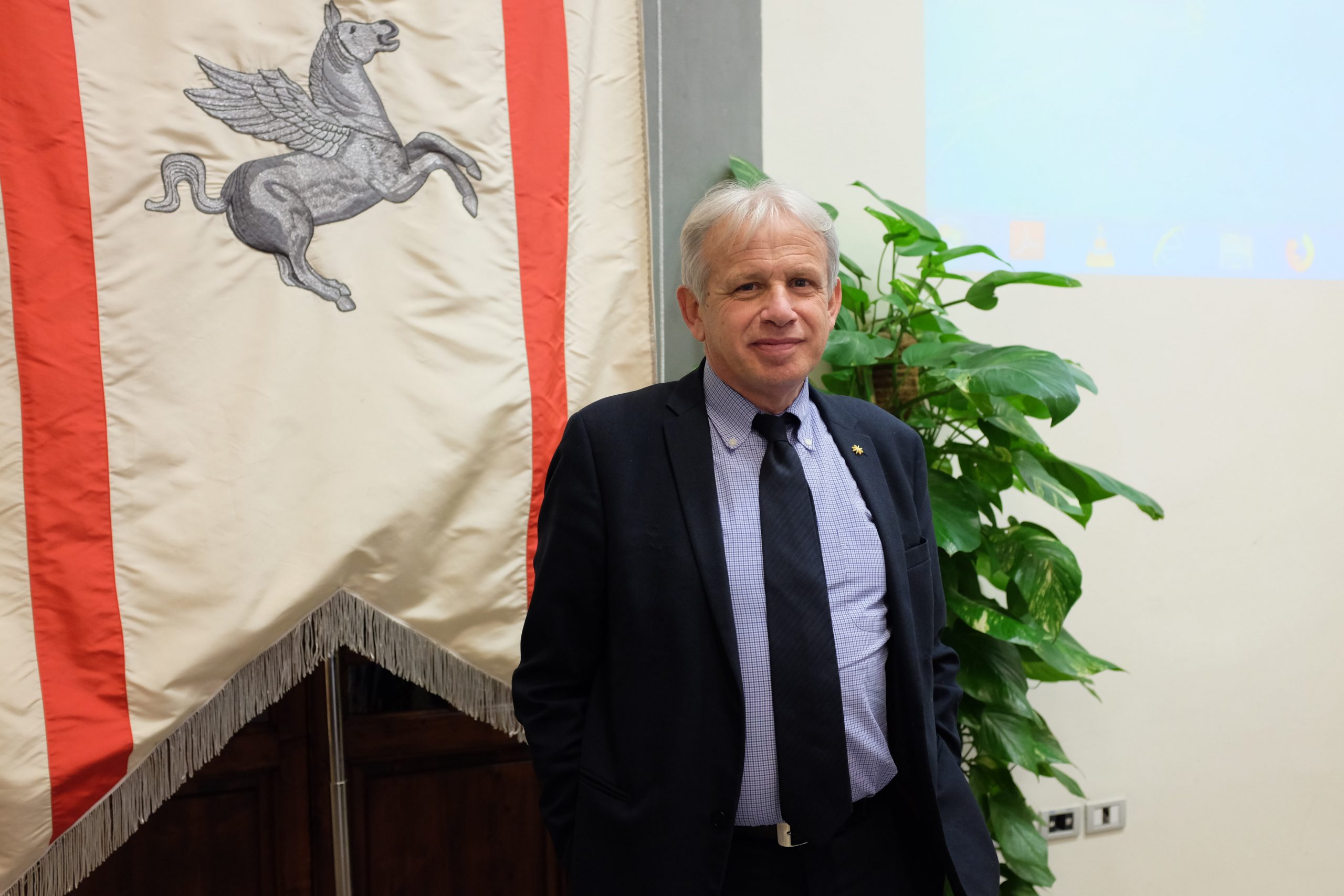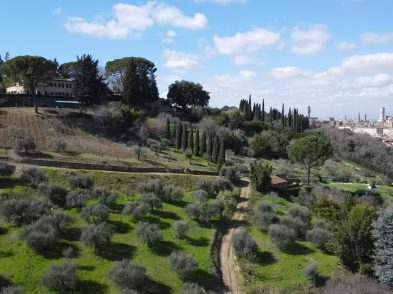As Sardinia’s farmers destroy milk in protest of falling prices and the Tuscan Region signs a memorandum of understanding as a means of strengthening and stimulating the dairy sector, Tuscany’s agriculture councillor Marco Remaschi details the region’s stance.

Helen Farrell: The Tuscan Region recently approved funding to support and promote the dairy sector. What’s behind the agreement?
Marco Remaschi: We signed off on an important memorandum of understanding between the Tuscan Region, trade unions and consortia. We have earmarked two million euro as well as other regional resources to benefit producers and promote Pecorino Toscano PDO and Pecorino delle Balze Volterrane PDO cheeses. We want to work on the quality and traceability of the supply chain. We’d like to know where the ingredients have come from for any given finished product on the market, whether it’s pecorino, ricotta or any other dairy product. This way, we can be sure that we can guarantee a certain level of quality to the end consumer.
HF: The region’s experiencing problems with predators…
MR: Yes, we are having considerable issues due to predators and wolves in particular, and these problems have an impact on the price of milk. In Tuscany, milk doesn’t cost the same as in Sardinia where it’s as low as 60 cents a litre. Here, milk costs between 80 and 90 cents a litre. It’s still not enough, so we must carry on adding a few cents to our farmers’ pockets and we must do it in a way that focuses on the quality and traceability of the product. This is just the beginning. We are asking the Italian government and the European Commission to help because we can’t sustain this type of operation on our own. Since early December, we’ve worked with supermarkets and large retail chains because that is one way of increasing the purchase and consumption of high-quality dairy products.
HF: Is there also a plan to try and promote Tuscan cheese internationally?
MR: We need to work on it. All you need to do is take one look at Parmigiano Reggiano and how it’s world-famous. The contribution by cow milk farmers is higher than the national average. If we work on quality, quality that needs to be recognised by the end consumer, we will have the opportunity to promote our Tuscan dairy produce further. Pecorino Toscano PDO is known internationally and we need to continue investing in the Tuscan regional brand and its trademarking. We’re already on the North American and Canadian markets, but we should be more present on other European markets. I am convinced that Tuscany has great potential in terms of dairy.
HF: The Tuscan wine previews recently came to an end. How did they go?
MR: Wine is the powerhouse behind Tuscany’s agriculture and food industry. We are proud of what our producers and consortia are doing. It’s an important sector globally and Tuscany is the second region after Veneto for wine exports. During the anteprime, international journalists and buyers from 44 countries saw our region, visited our cellars and tasted our wines, experiencing firsthand the care, love, passion and expertise with which our producers make wine. The market is constantly evolving as many more countries today are wine producers. In Tuscany, we are fortunate to have a microclimate that favours grape growing, but promotion is more important than ever. This year, at Buy Wine, we showcased 215 micro, small, medium and large wineries, creating opportunities for producers and entrepreneurs to meet with buyers and to taste their wines in order to explain what their company does. The producers appreciate the opportunity to explain to the world what Tuscan wine is like and how our industry works.
HF: How’s the region’s natural wine scene shaping up internationally?
MR: 80 companies out of the 215 wineries who attended Buy Wine were organic or biodynamic wine producers. That’s almost 40 per cent, which shows that we are extremely aware of the environmental impact of our production. This is another initiative that is growing year on year and is gaining more weight internationally.This year, we were only able to accept about 80 organic or biodynamic wineries that asked to participate. For next year’s event, we have already decided to make way for more organic or biodynamic producers as this particular type of viticulture is gaining attention from all over the world.








